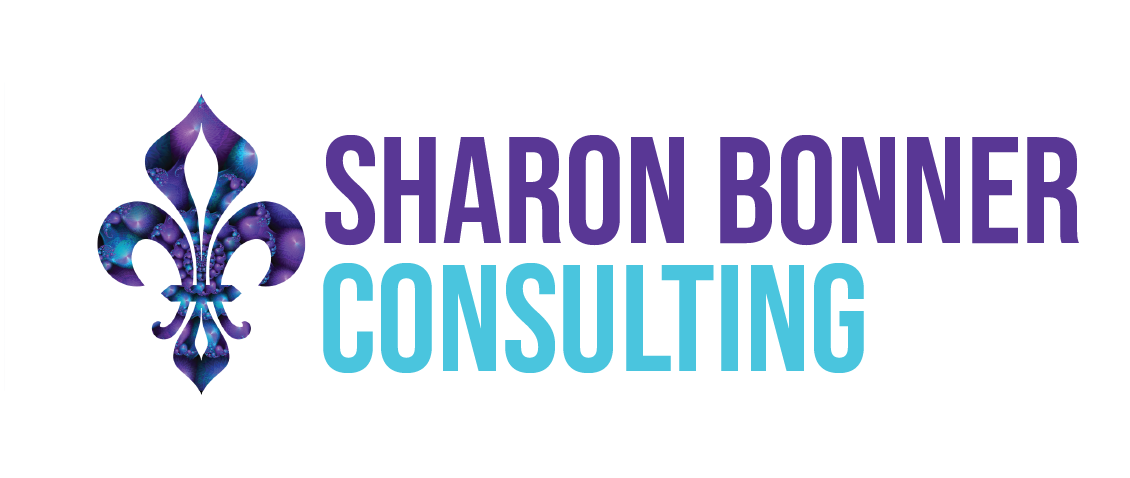AI in event planning is undeniably here to stay. While it offers countless advantages, it’s crucial to remain mindful of the potential risks associated with its use. After 37 years of us doing everything manually at Bright Ideas, it’s refreshing to finally have a tool that simplifies our work, allowing us to focus on what truly matters.
Though I consider myself a bit old-fashioned, I encourage others to explore AI—just do so thoughtfully and carefully.
Generative AI for Event Planning and Management
While exploring tools to enhance the event planning process, I discovered a range of solutions designed to support every event planning stage—from automated scheduling and budgeting to guest list management, targeted marketing content, and detailed analysis of post-event surveys. In short, these platforms help streamline all the essential details needed for a seamless and successful event.
Here are a few I found fascinating:
OpenText Business Cloud – OpenText AI
OpenText AI offers a powerful way to centralize and access your data instantly. Far more than a bookkeeping library, it leverages predictive, AI-driven analytics and conversational search tailored to your organization’s data. Its generative AI capabilities support sales, marketing, risk management, and compliance initiatives.
And that’s just the beginning. Whether it’s enhancing IT operations, transforming communications through private generative AI for customer engagement, or strengthening your cybersecurity with AI-powered threat detection, OpenText AI is a multifunctional business ally.
Two resources solely focused on event planning:
Bizzabo AI Guide and vFairs AI in Events
Bizzabo AI Guide is generative AI—similar to ChatGPT—but explicitly tailored for event planning. It can be used for marketing, content creation, venue sourcing, generating AI prompts for finding speakers, managing logistics, crafting presentation materials, engaging audiences… and so much more.
vFairs AI in Events is not much different. They also use a trained bot to handle all your event details, focusing on building a tone by tailoring the responses and providing a more personalized experience for your attendees. This platform highlights being more customizable than ChatGPT, and it can be used as well for:
- Generating Event Agendas
- Designing Surveys & Feedback Forms for Attendees
Another solution I would like to mention is Northstar Meetings, which also delivers benefits similar to using AI for event planning, from insights and inclusive content to assisting in planning a menu.
Taking the easy route isn’t always as simple—or as safe—as it seems. Have you seen AI-generated content lately? While it’s improving, with fewer noticeable flaws like distorted images or misplaced elements, it’s not without issues. For example, Northstar Meetings highlights the potential of repurposing existing event content using AI to create something new. On paper, it sounds promising—but in practice, does it truly deliver?
For design, you can use Photoshop’s generative AI, either a hit or a miss, depending on the funniest options it creates. Canva also added an AI feature, but it is behind a paywall.
Risks — privacy concerns!!!
As tempting as it is to pour all your information into a bot to get the best results, is it a good idea? Most information is sensitive, and how well can we trust these systems?
I remember there was already a storm around Photoshop AI, where whatever content you create falls under their copyright — ouch. We do not want that. Many AI platforms will also train on your private content to improve for other users.
Two words: data privacy! Especially for high-end events, the last thing we want is anything leaking to the press or worse.
Beyond security risks, AI can make mistakes. Never believe everything it outputs — always double-check, which can take extra time too. So why waste time checking if you can do it right on the first try?
Remember: AI is a tool, not a replacement.
Is Using AI Ethical?
Implementing a custom AI system for a single event would be highly complex and not a practical use of time or resources. In most cases, delivering an exceptional event through hands-on expertise is far more effective than relying on artificial intelligence.
Even if you had an in-house AI solution, challenges around accountability and reliability would still arise. AI is not immune to glitches or unexpected issues—the kind that a seasoned event professional can easily anticipate and resolve.
The Risk of Over-Dependence on AI
Beyond unpredictability, there is also the risk of becoming too dependent on AI for everything, lowering and jeopardizing our innate ability to create and making us overly reliant on technology.
And how well can you trust a machine to make sensible decisions?
Conclusion
AI is not just a planner’s assistant—it’s evolving into a true co-strategist, capable of analyzing data, streamlining logistics, and offering valuable insights to enhance the event planning process. It brings speed, precision, and innovation to the table, helping planners make more informed decisions and execute events more efficiently than ever.
But even the best co-strategists need a human to lead the way. No algorithm can replicate intuition, creativity, or the nuanced understanding of human connection that an experienced event professional brings. AI may help us work smarter, but the human touch transforms an event from organized to truly unforgettable.
So contact us for that human experience at SharonBonnerConsulting.com and we will be happy to share out decades of experience and knowledge.







